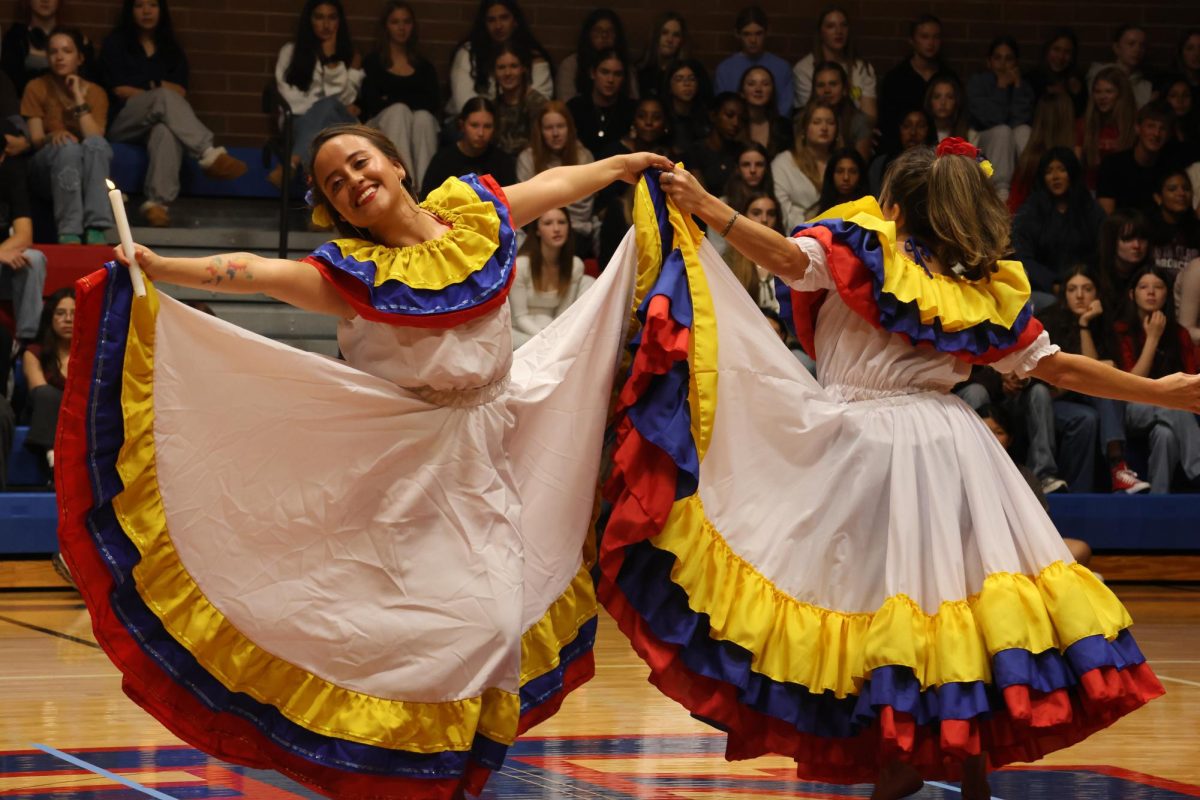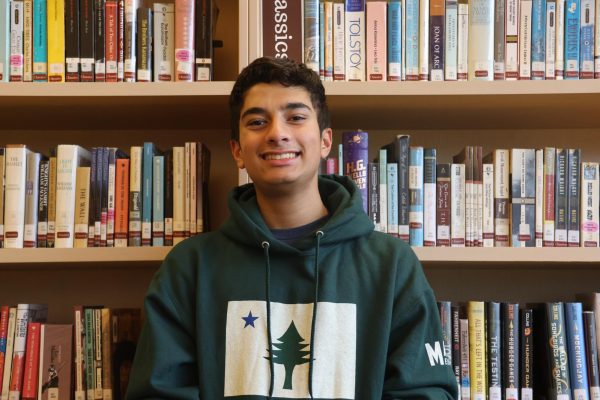The La Salle Peer Tutoring Program is back, offering students unique opportunities for personalized assistance.
Peer tutoring sessions are held in the library before school on Tuesdays and Thursdays and after school on Tuesdays, Wednesdays, and Thursdays.
Ms. Shannon Woodworth, the former Learning Specialist who left La Salle at the end of last year, revitalized the program around two years ago. This year, Director of Academic Resources Mr. Chris Long took control of the program after helping to support it in the past.
He conveyed that the decision to renew the program this year was unanimous.
“There was kind of a collective agreement that this was a really valuable program and it should be brought back,” Mr. Long said. “I think just as a school we see the kind of value that it brings to community building and academic support in general.”
Junior and peer tutor Larissa Bonn joined the program as a sophomore, having previously had both a personal tutor, and a tutor at La Salle.
With all of this experience, she recognizes the program’s importance to the school.
“I think we’re called to help the people in our community so that we can improve it,” she said.
Although he is the official manager of the program, Mr. Long hopes to have tutors play a large part in leadership. This includes having experienced tutors check-in those who need help.
“We want students to have ownership over this and over supporting their peers,” he said.
The Peer Tutoring program offers benefits for both students and tutors. For students, one benefit is that many of the tutors have taken the classes that students find difficult. Peer tutor Kyan Willis, a sophomore, explained that tutors offer unique personal experience with the class — including knowledge of the grading process, assignments, and what the teacher looks for — that can be very useful for students seeking assistance.
While Willis started tutoring this year, he has had some experience helping his friends with schoolwork before. He explained that the program benefits tutors as well. “I think being able to teach a specific subject to someone else strengthens the idea[s] that you have,” he said.
He also mentioned the service hour opportunities as an incentive to join.
Senior Bronson Shenson-Collins, another tutor, talked about some of the non-academic merits that the program can offer. “It can be really rewarding,” he said, especially “when they finally get that right answer or they finally understand the subject they’ve been struggling with.”
Mr. Long spoke of another strength of the program for students: the familiarity of having a tutor who is around your age.
“If you are really anxious, or there’s a lot of unknowns about what is going on, then it is difficult to learn,” he said. “If you can gain comfortability with somebody and know that when you come in, you are going to be supported… then you can feel comfortable just focusing on the material that’s in front of you.”
One challenge facing the program according to some tutors is an absence of students to tutor. Shenson-Collins believes that this may be because students are intimidated by tutors.
“People shouldn’t be intimidated by it, because people here are just trying to help you,” he said. “They want to help, they want to help you understand, and that’s why we’re here. You shouldn’t feel bad for coming to peer tutoring.”


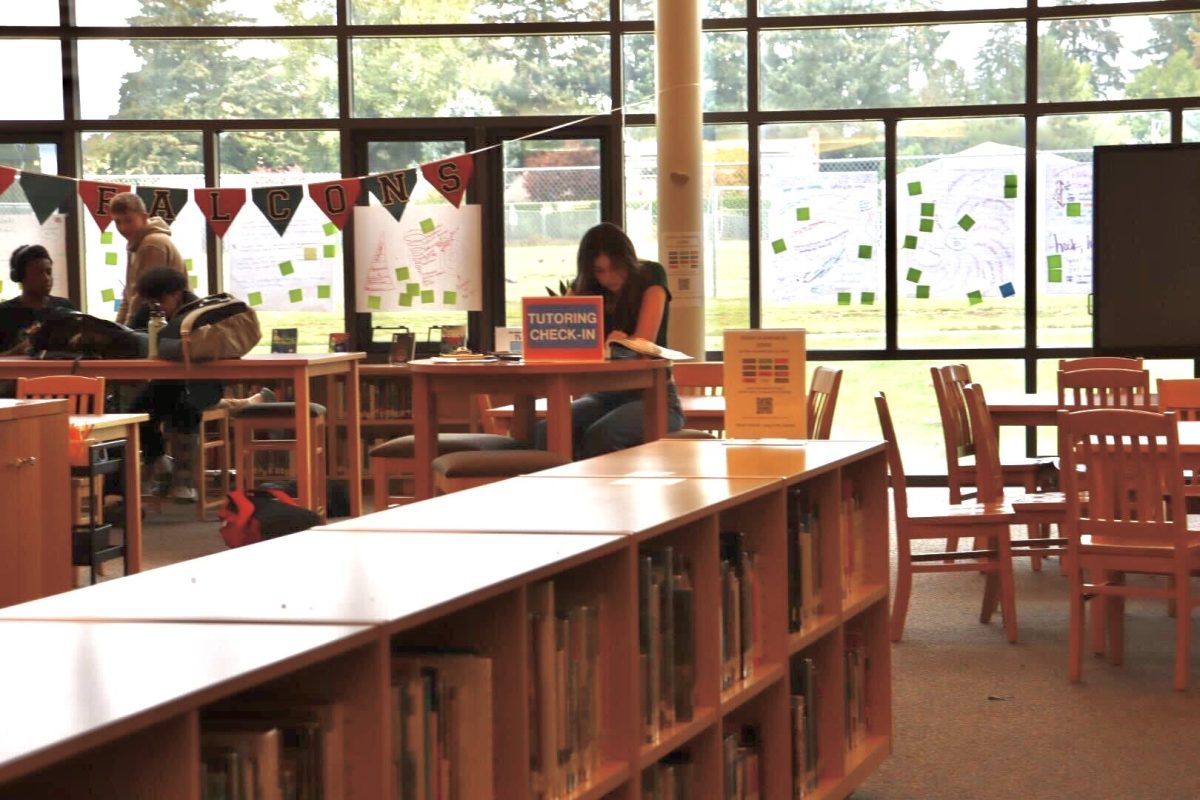
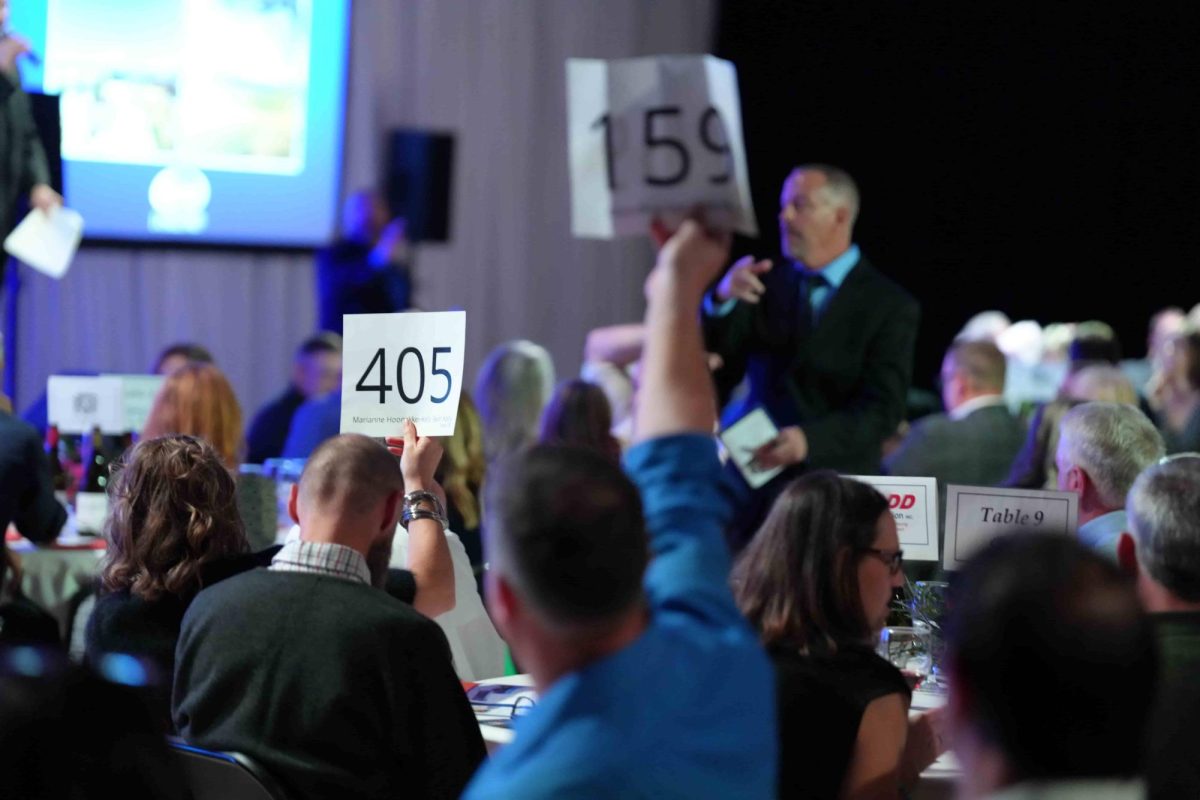


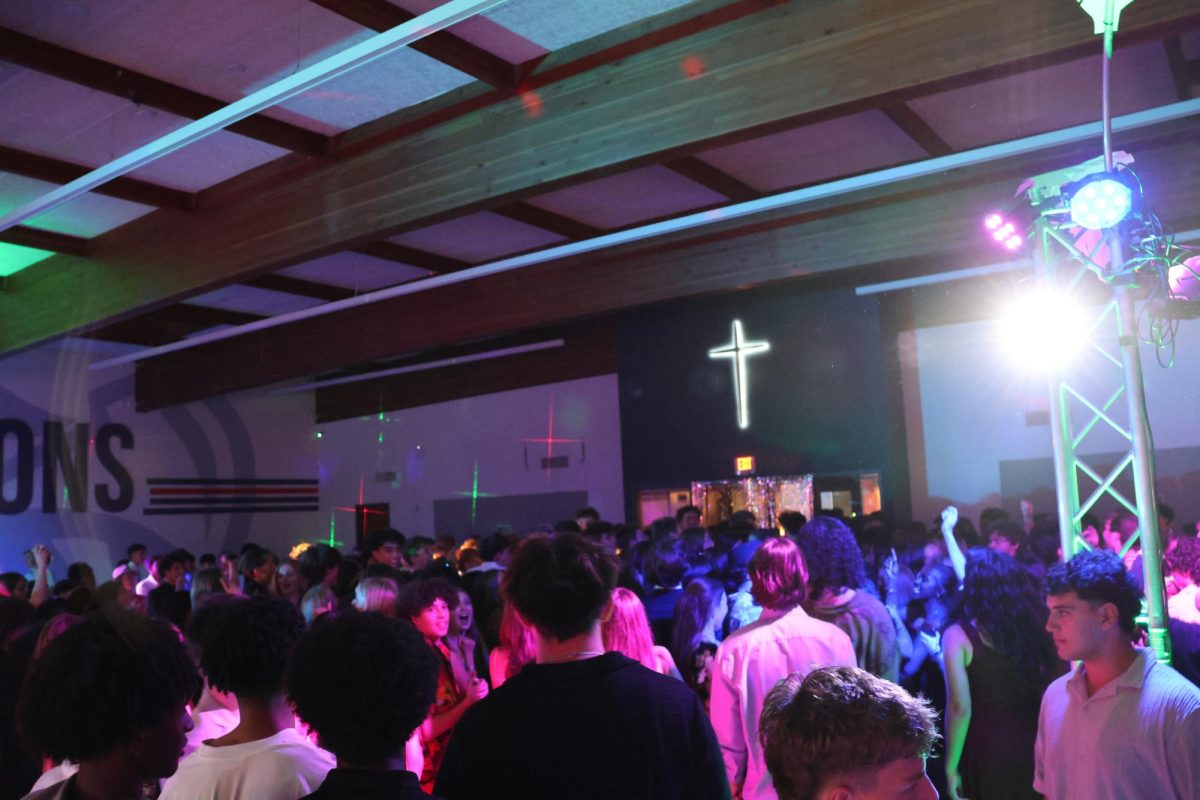
![Mr. Owen Furlong, the temporary Campus Safety Monitor, grew up near La Salle and described how Christ the King was “basically [his] backyard for a long time.”](https://lasallefalconer.com/wp-content/uploads/2025/10/115A2328-1200x800.jpeg)
